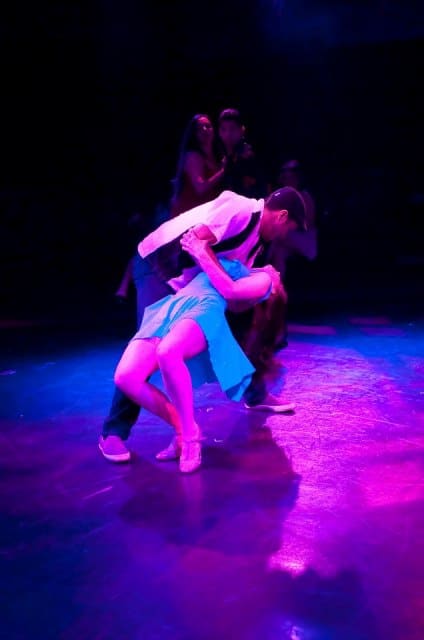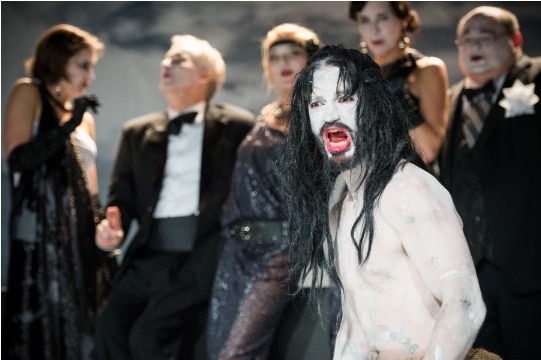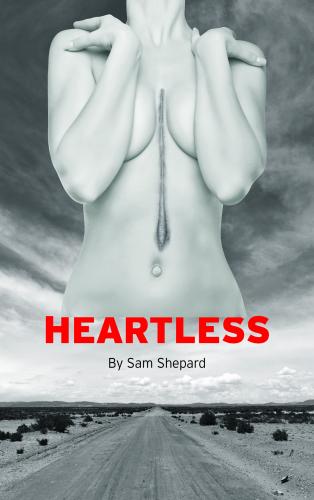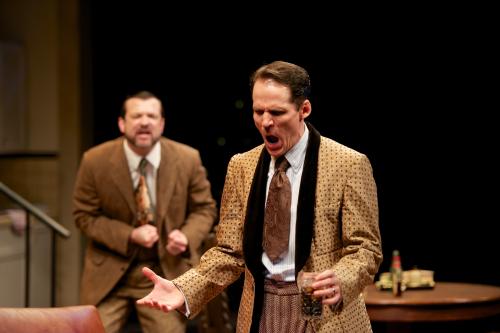by Jack Gohn | Jul 20, 2013 | The Close Up, Theater Reviews and Commentary
That is the ultimate temptation inherent in turning classic plays into vehicles for screen stars. Those stars pull in audiences filled with the uninitiated, with people who fundamentally do not know how to watch a play, and who are too easily satisfied. Commercial success can be achieved with something half-baked. And half-baked seems to be more the norm than the exception with the successes that do result. Classic plays tend to require directorial shaping; stars tend to tempt directors to slack off. It’s not a good thing.

by Jack Gohn | Jul 20, 2013 | The Close Up, Theater Reviews and Commentary
Knowing going in what it means for someone to say she comes from La Vibora or from Vega Alta (things I had to look up after the fact) or what kind of comestible a mamey might be (ditto), or what it means to yell ‘Wepa!’ (ditto again) would be helpful in this rap-centered and inaudible production. While all of us should constantly be looking to broaden our horizons, as much help as possible should be extended to make the proceedings as comprehensible as possible for Anglo newbies. And sadly, barring a half-page insert of explanation in the program, that kind of help was in scant evidence in Toby’s new production.

by Jack Gohn | Jul 20, 2013 | The Close Up, Theater Reviews and Commentary
This is poetry, poetry for the mind to sink into and be overwhelmed. To paraphrase Mae West, goodness has nothing to do with it. Nor does badness. It comes from some amoral place in Wilde’s psyche and appeals to that place in ours.

by Jack Gohn | Jul 20, 2013 | The Close Up, Theater Reviews and Commentary
I am not sure what Shepard is doing in Shepherdstown. The Contemporary American Theater Festival held there is dedicated to performing ‘new American plays.’ There’s nothing new to me about Sam Shepard’s play Heartless; it seems distinctly old hat. I went back to a review I wrote of one of his plays for my college newspaper in 1970, and a number of the things I wrote about that play (The Holy Ghostly) could be said about Heartless. I commented how characters migrate into each other, how they become composites of various characters, how there is no predictable logic to their interactions, and how the drama loses the sense of being story-telling about distinct persons. I compared what Shepard did to abstract painting. And, on the evidence of Heartless, it’s still true.

by Jack Gohn | Jul 20, 2013 | The Close Up, Theater Reviews and Commentary
‘Every good story’s a war story,’ says a character in Scott and Hem in the Garden of Allah, premiering at the Contemporary American Theater Festival. That certainly seems to be playwright Mark St. Germain’s approach in imagining a 1937 encounter between writers F. Scott Fitzgerald and Ernest Hemingway.





 I lived in London and Vienna before coming to the United States, and grew up mainly in Ann Arbor. I was writing plays and stories as early as grade school. My undergraduate years at the University of Pennsylvania, where I first reviewed theater, for the college paper, were succeeded by graduate study at the Johns Hopkins University, where I earned a doctorate in English Literature.
I lived in London and Vienna before coming to the United States, and grew up mainly in Ann Arbor. I was writing plays and stories as early as grade school. My undergraduate years at the University of Pennsylvania, where I first reviewed theater, for the college paper, were succeeded by graduate study at the Johns Hopkins University, where I earned a doctorate in English Literature.